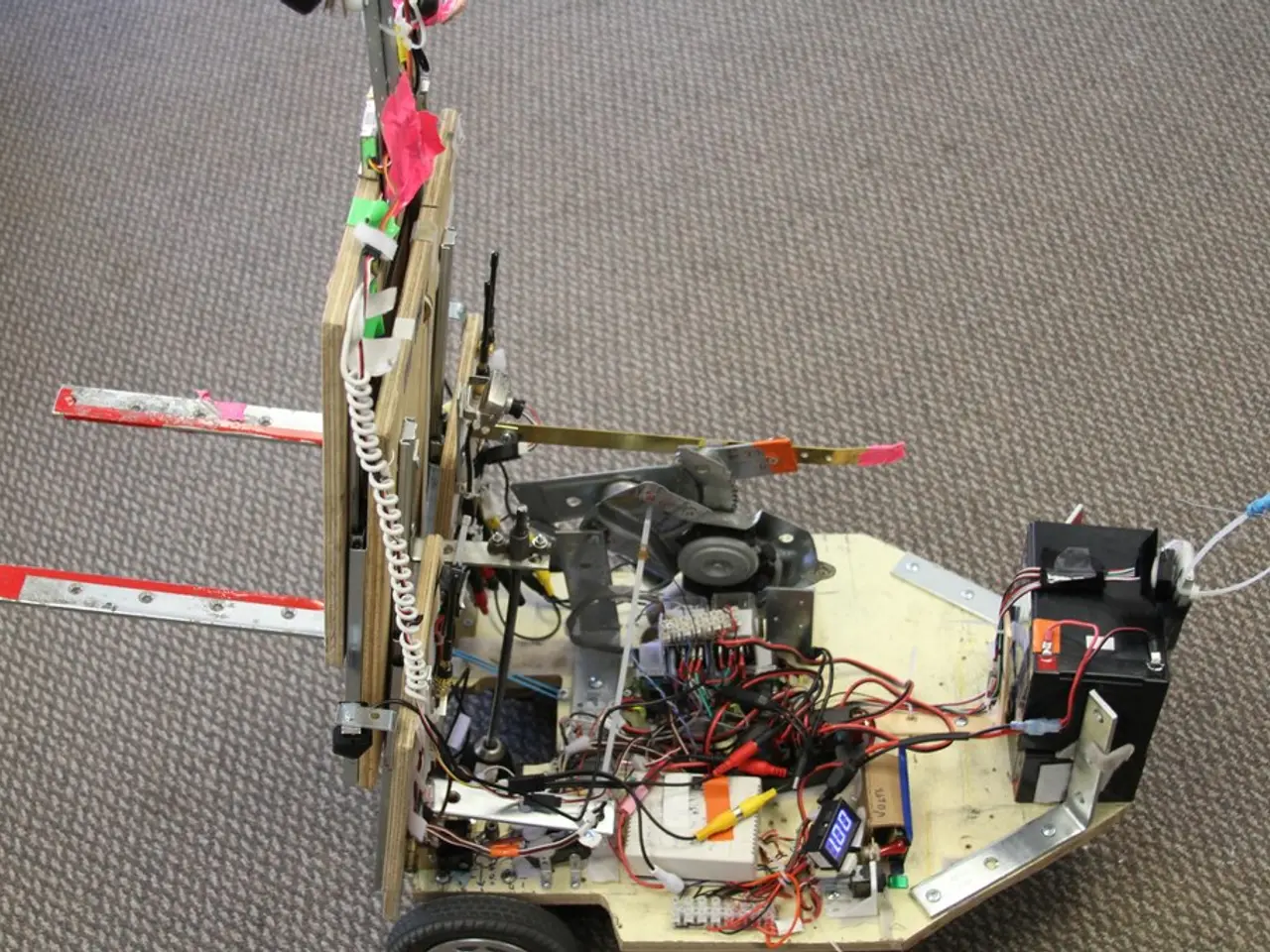Life Story and Achievements of Paul Ekman, Expert in Human Emotions Studies
In the realm of emotions and nonverbal communication, the name Paul Ekman stands out as a beacon of insight and discovery. Born on February 15, 1934, in Washington D.C., Ekman made significant contributions to our understanding of how emotions are expressed and perceived through facial expressions.
Ekman's early research focused on nonverbal communication, particularly gestures and facial expressions. His work during the 1960s was dedicated to understanding whether facial expressions were universal or culturally learned. This research led to one of his most famous discoveries – microexpressions – brief, involuntary facial expressions that reveal true emotions, lasting only a fraction of a second and almost impossible to control.
One of Ekman's most significant contributions is the Facial Action Coding System (FACS), a scientific tool for analysing facial movements. FACS breaks down expressions into individual muscle movements called "action units", providing a systematic way to map facial muscle movements to specific emotions. This system has been instrumental in allowing researchers to understand the facial expressions associated with different emotional states.
Ekman's theory posits that certain emotions are universal across cultures. He identified seven basic emotions with universal facial expressions: happiness, sadness, anger, fear, disgust, surprise, and contempt. This theory, which has been supported by numerous studies, including Ekman's own research, challenges the notion that emotions are solely learned or culturally dependent.
Ekman's work on microexpressions has applications in various fields, including lie detection. It is useful in law enforcement, criminal investigations, airport security screenings, psychotherapy, counseling, business, and negotiation strategies. In fact, Ekman's research influenced the popular TV series "Lie to Me", in which the main character is based on Ekman himself.
Today, Ekman's research is being used to develop emotion recognition software. AI systems analyse facial expressions in customer service, security, and social media interactions. His contributions also extend to the creation of virtual assistants that can recognise human emotions, enriching our digital experiences.
In conclusion, Paul Ekman's research has greatly advanced our understanding of how emotions are expressed and perceived through facial expressions, enriching our comprehension of nonverbal communication. His work continues to influence various fields, from psychology and sociology to business and law enforcement, making him one of the most influential psychologists in the field of emotions and nonverbal communication.
Paul Ekman's theories in clinical psychology, particularly his work on emotions and nonverbal communication, have led to the development of artificial-intelligence-powered emotion recognition software. For instance, this technology is used in customer service, security, and social media interactions to interpret human feelings. Moreover, his research on microexpressions has applications in various fields, such as lie detection and psychotherapy, even inspiring the plot of the TV series "Lie to Me." His contribution to the Facial Action Coding System (FACS) has significantly contributed to our understanding of human emotions and their associated facial expressions.




